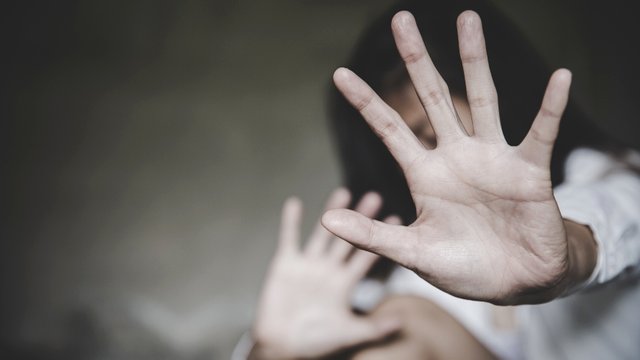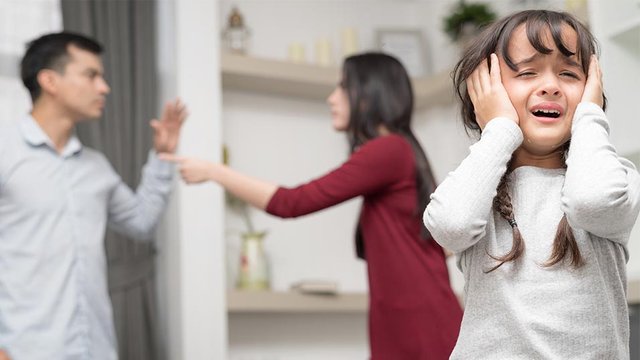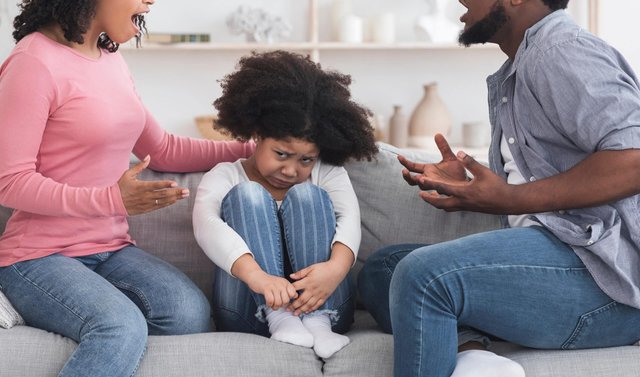
Domestic violence is a pervasive issue that affects countless lives. It's not just about physical harm; it encompasses emotional, psychological, and even financial abuse. In San Jose, as in many other places, domestic violence is taken seriously by the legal system. Understanding the common consequences of domestic violence is crucial, as is recognizing the importance of having a dedicated advocate by your side to help navigate the complexities of such cases.
Common Consequences of Domestic Violence
Understanding the Impact

Domestic violence can have far-reaching consequences that extend beyond immediate physical harm. Some common consequences of domestic violence include:
- Physical Injuries: Physical abuse can lead to injuries ranging from minor bruises to life-threatening harm. Victims may require medical attention and treatment.
- Emotional Trauma: Domestic violence often inflicts deep emotional scars on victims, including anxiety, depression, and post-traumatic stress disorder (PTSD).
- Isolation: Abusers often isolate victims from their friends and family, making it difficult for victims to seek help or escape the abusive situation.
- Financial Control: Abusers may exercise financial control, making it challenging for victims to access money or resources needed to leave the relationship.
- Legal Consequences: Perpetrators of domestic violence can face legal consequences, including restraining orders, mandatory counseling, probation, and even imprisonment.
The Role of a Domestic Violence Advocate
Why You Need an Advocate
When you are involved in a domestic violence case, seeking the help of a skilled advocate is essential. Here's how an advocate can empower you:
- Legal Expertise: A domestic violence advocate is well-versed in California's domestic violence laws. They understand the legal process and can guide you through it effectively.
- Protection Orders: Your advocate can help you obtain restraining orders to keep the abuser away from you and your family, providing a sense of security.
- Evidence Gathering: Advocates work diligently to gather evidence of abuse, including witness statements, medical records, and other crucial documentation.
- Court Representation: Your advocate will represent you in court, ensuring your voice is heard and your rights are protected during legal proceedings.
- Safety Planning: Advocates can help you create a safety plan to protect yourself and your loved ones during and after the case.

Selecting the Right Domestic Violence Advocate
Qualities to Look For
Choosing the right advocate is essential. Consider the following qualities when seeking assistance:
- Empathy and Compassion: A good advocate should be compassionate and empathetic, understanding the emotional trauma you're going through.
- Experience: Look for an advocate with a track record of successfully assisting domestic violence survivors.
- Resources: Ensure your advocate has access to resources such as shelters, counseling, and legal aid to provide you with comprehensive support.
- Client-Centered Approach: Your advocate should tailor their support to your unique needs and circumstances.
The Domestic Violence Case Process
What to Expect
Here's an overview of the typical steps in a domestic violence case:
- Reporting the Abuse: The process begins with reporting the abuse to law enforcement or seeking a restraining order through the court.
- Evidence Gathering: Your advocate will work to gather evidence, such as medical records, photographs, and witness statements, to build a case.
- Legal Proceedings: Your case will go through legal proceedings, which may include hearings, trials, and negotiations.
- Protection Orders: If necessary, your advocate will help you obtain protection orders to keep the abuser away.
- Safety Planning: Your advocate will assist you in creating a safety plan for your protection and that of your family.
- Support and Counseling: Advocates provide emotional support and connect you with counseling and support groups to help you heal.
Empower Change in Your Life
Domestic violence is a grave issue with lasting consequences, but you don't have to face it alone. Seeking help from a dedicated domestic violence advocate can empower you to break free from the cycle of abuse and rebuild your life. Remember that you have the right to safety and support, and there are professionals in San Jose who are ready to stand by your side as you navigate the path towards a brighter, abuse-free future.